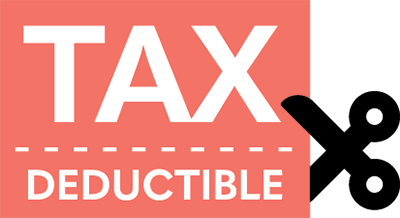Overview
Bible Society Australia is supporting the United Bible Societies (UBS) in this project, which aims to enhance the capacity of the Global Literacy Office by training a literacy officer through a Master’s program in Linguistics at Moorlands College. This initiative addresses the shortage of literacy specialists assisting Bible Societies globally, ultimately improving support for literacy projects within the UBS Fellowship.
The UBS Global Literacy Office recognises a critical shortage of literacy specialists, with only three currently supporting the literacy projects of the United Bible Societies (UBS) globally. This limitation hampers the ability to effectively address the vast literacy needs within the UBS Fellowship and necessitates reliance on external partner agencies for training and resources. The demand for enhanced literacy development is significant, as Bible Societies require skilled professionals to implement effective literacy programs in diverse communities.
Additionally, the existing UBS literacy team lacks sufficient technical expertise, which restricts their capacity to meet the growing literacy challenges. Without increased internal expertise, the quality of support for these projects may diminish, resulting in missed opportunities for community engagement and development. Training a literacy officer through a structured formal education program is a strategic response to develop in-house expertise. This initiative aims to build a foundation of knowledge and practical skills essential for implementing successful literacy interventions and ultimately reducing the dependency on external partners. By addressing these staffing and expertise gaps, the project seeks to strengthen the capacity of the UBS Global Literacy Office to support literacy efforts more effectively within the UBS Fellowship.
Statistics:
- 3 UBS literacy staff are currently the only support to extensive literacy projects globally
- 773 million adults worldwide are still unable to read and write (2021, UNESCO Institute for Statistics)
- 1.6 billion children and youth could be at risk of not achieving minimum proficiency levels in reading and mathematics by 2030 (estimated by the UNESCO Global Education Monitoring Report)










